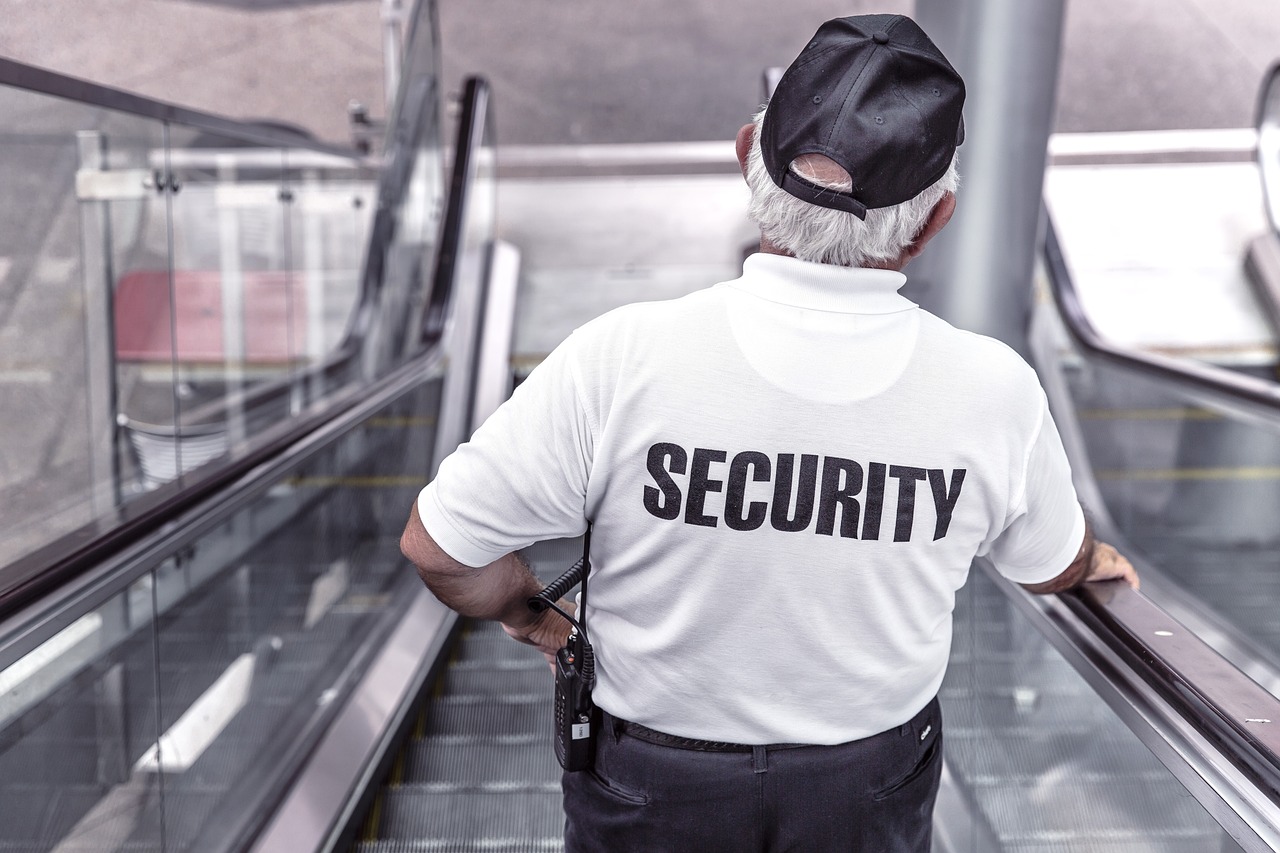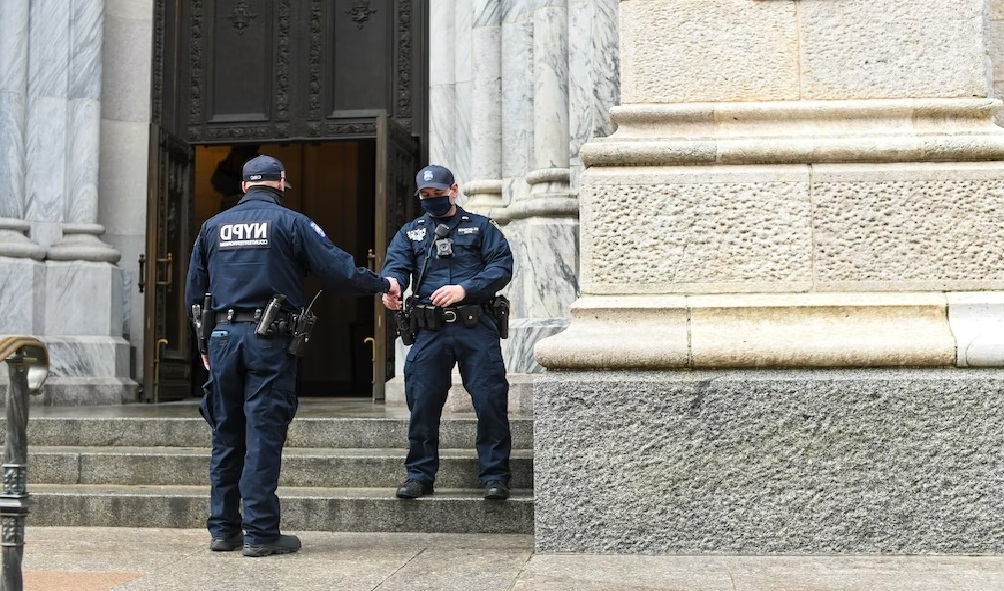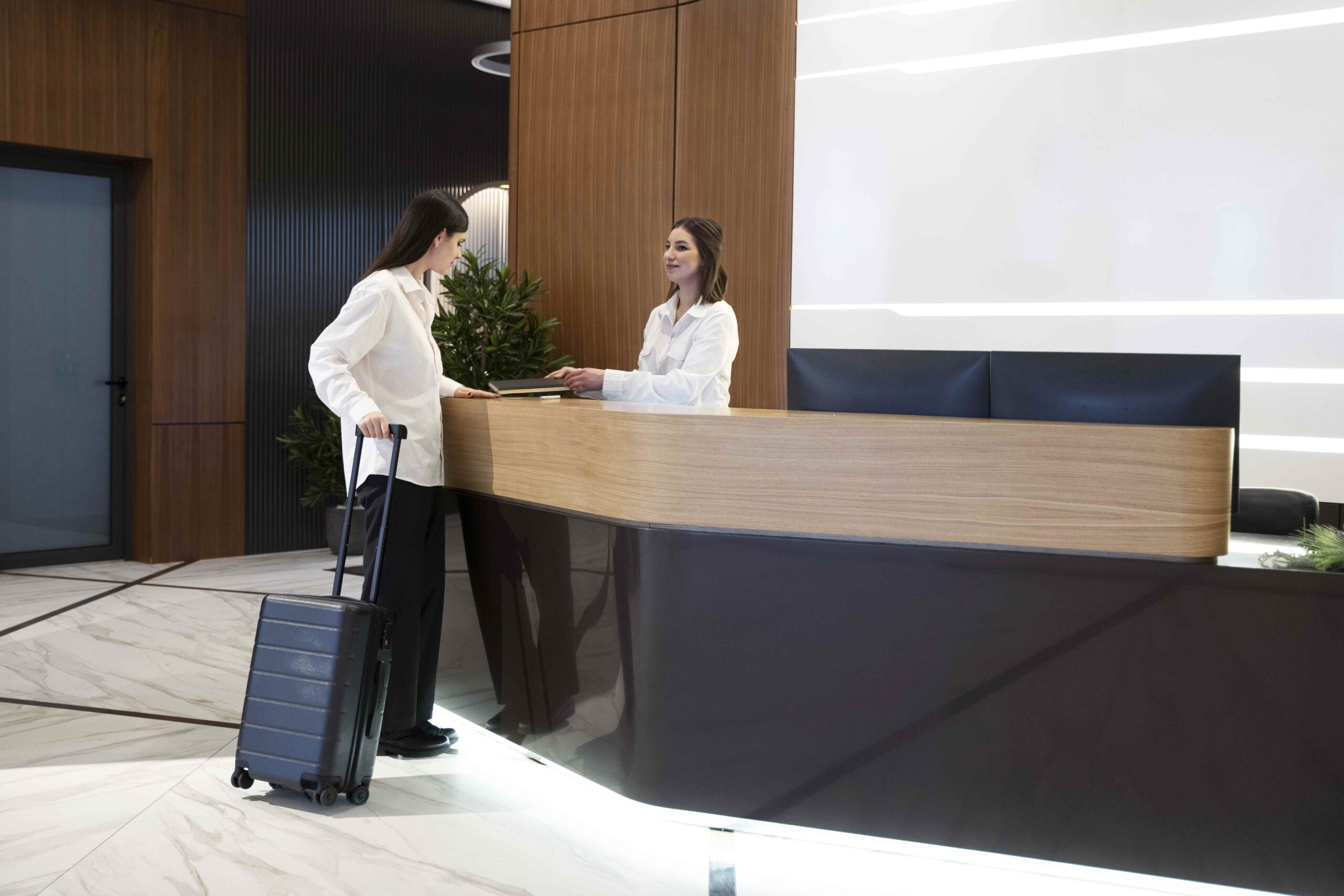In the ever-evolving landscape of corporate security, staying ahead of emerging trends is crucial for businesses to effectively safeguard their assets, employees, and operations. As technology advances and new challenges arise, corporate security measures must adapt to mitigate risks proactively. In this article, we’ll explore the top trends in corporate security that every business should be aware of to maintain a robust and resilient security posture.
1. Integration of Artificial Intelligence (AI) and Machine Learning
Advancements in AI and machine learning are revolutionizing corporate security. Intelligent surveillance systems can now analyze patterns, detect anomalies, and identify potential threats in real-time. These technologies not only enhance the accuracy of threat detection but also help security teams make data-driven decisions for better risk management.
2. Cybersecurity Convergence
The increasing interconnectivity of corporate systems has led to the convergence of physical and cybersecurity. Corporate security measures now extend beyond physical premises to include the protection of digital assets and sensitive information. Security guards are becoming more involved in monitoring and responding to cyber threats, emphasizing the need for a holistic approach to security.
3. Access Control Innovations
Traditional access control systems are being replaced by more sophisticated solutions. Biometric authentication, facial recognition, and mobile access are becoming commonplace, providing businesses with secure and convenient means of controlling access to their facilities. Corporate security guards are often responsible for managing and overseeing these advanced access control technologies.
4. Remote Security Monitoring
The ability to monitor and manage security remotely has become a key trend. With the use of mobile applications and cloud-based platforms, corporate security teams can keep a watchful eye on facilities from anywhere. This trend enhances flexibility and responsiveness, allowing security guards to address issues promptly, even when not physically present on-site.
5. Threat Intelligence and Information Sharing
Corporate security is increasingly reliant on intelligence gathered from various sources. Sharing information about emerging threats and vulnerabilities within industries and communities is becoming more common. Security guards play a vital role in leveraging this shared intelligence to enhance their situational awareness and proactively address potential risks.
6. Employee Training and Awareness
Human factors remain a significant consideration in corporate security. Businesses are investing more in comprehensive employee training programs to increase awareness of security protocols, cyber threats, and emergency response procedures. Corporate security guards often play a role in facilitating these training sessions, ensuring that employees are well-prepared for various security scenarios.
7. Sustainability and Environmental Security
Corporate security is expanding to include considerations for environmental sustainability. Businesses are implementing security measures that not only protect against traditional risks but also address environmental concerns. This may involve the integration of eco-friendly technologies and practices into security strategies, with security guards being trained to align with these sustainability goals.
8. Privacy Concerns and Compliance
As corporate security technologies become more advanced, privacy concerns are on the rise. Businesses must navigate the delicate balance between implementing robust security measures and respecting individual privacy rights. Security guards are increasingly involved in ensuring that surveillance and monitoring activities comply with relevant regulations and standards.
9. Proactive Incident Response
The shift from reactive to proactive incident response is a notable trend in corporate security. Security teams, including guards on the ground, are adopting a more anticipatory approach, identifying potential risks before they escalate. This involves thorough risk assessments, regular drills, and the development of comprehensive incident response plans.
10. Health and Safety Integration
The global pandemic has highlighted the importance of health and safety in corporate security. Security measures now often include health screening protocols, temperature checks, and the enforcement of social distancing measures. Security guards are at the forefront of implementing and managing these health and safety measures, contributing to a comprehensive approach to risk mitigation.
In a rapidly changing world, corporate security is a dynamic and evolving field. Businesses that stay informed about the latest trends in security are better positioned to adapt and respond to emerging threats effectively. Businesses should always keep some factors in mind while hiring security guards. From technological advancements to the integration of health and safety measures, these trends shape the future of corporate security, emphasizing the need for a holistic and forward-thinking approach to safeguarding businesses and their assets. As businesses navigate these trends, collaboration between security professionals, including on-site security guards, and other stakeholders becomes increasingly critical for maintaining a resilient and secure corporate environment.



